This past Oscar season, audiences were exposed to a narrative that is often shrouded in silence: that of the mother who regrets motherhood.
In the psychological drama The Lost Daughter, a film based upon the Elena Ferrante novel of the same name, a middle-aged woman reveals that she once abandoned her daughters for three years. She characterizes that time away from her children as “amazing.” Of course, because she admits to this, she is seen as selfish. A villain. Still, she shares this part of herself in order to make another mother — one who is struggling — feel less alone.
In a culture that venerates the role of the mother, women who admit to disliking motherhood are branded as monsters. Women who choose themselves over their children — at any moment, on any level — are shamed. But motherhood is a responsibility like any other, one that can exhaust us, frustrate us, flatten us. And when we’re not allowed to voice our truth, we become isolated within that experience.
As a person who set her sights on motherhood at an early age, and who spent nearly four years dealing with infertility issues, I love being the mother of my child. At the same time, I remember clearly those months of postpartum depression, months I felt I couldn’t admit to especially because I’d tried so hard and for so long to be a mom. I was so afraid of being seen as ungrateful or hypocritical.
Even now, I have my moments of feeling completely depleted or angry or resentful — usually when I’m trying to get work done. It’s not my daughter’s fault. Yet I can feel my patience with her dwindling. And then there it is: another wave of mom guilt.
I love being a mother. But I also want to be more than a mother.
It is because of this that I enjoy narratives that actually acknowledge this want. That reveal those darkest of feelings. If you, too, crave narratives of motherly regret, I got you. The list below runs the gamut from maternal ambivalence to runaway mom fantasies to full-on parental regret. Come on. Step inside my brain.
No Kids by Corinne Maier
I’ll start with one of the lighter reads on this list. In No Kids, Maier, a mother of two, opens the book with a bang, writing that being a parent means giving up everything for your kids. “Is it worth it?” she asks us, her enthralled readers. The implication is that no, it is not. And in fact, if she had to do it all over again, she’s not so sure she would. What follows from this introduction are “40 good reasons not to have children.”
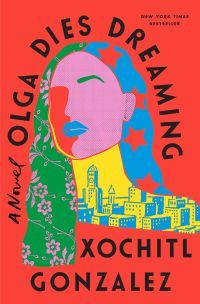
Olga Dies Dreaming by Xochitl Gonzalez
While the absent mother in this novel isn’t the main protagonist, she does cast a shadow over the titular Olga, who struggles to find love after being abandoned by her mother as a young child. Olga and her brother were raised by their grandmother when their mother ran off to support a militant political cause. Now, years later, as Olga is finally allowing herself to get close to someone, her mother comes rushing back into her life. How will their familial reckoning play out?
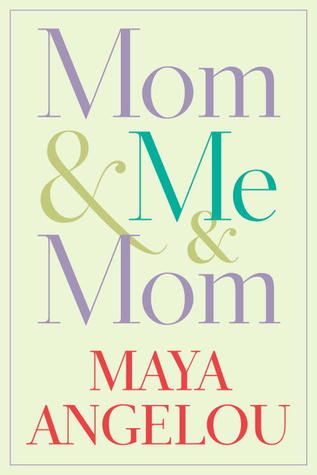
Mom & Me & Mom by Maya Angelou
In this memoir, the acclaimed poet and civil rights activist writes of one of the most troubled relationships from her past: the one she had with her mother. When the marriage between Angelou’s parents began to crumble, her mother sent her and her brother to live with their grandmother. Angelou was only 3 at the time, and she grappled with feelings of abandonment for the next decade before they finally reunited. In Mom & Me & Mom, she writes powerfully about the process of healing that had to occur between them before they were able to find themselves in a place of mutual love and respect.
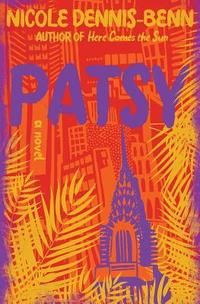
Patsy by Nicole Dennis-Benn
Shifting the focus to the absent mother, the titular protagonist of Patsy chooses her own happiness over that of her daughter when she moves to New York, leaving her daughter behind in Jamaica. In addition to providing a window into the difficult life of an undocumented immigrant, this book is an exploration of the ways in which motherhood and selfhood are often at odds with each other.
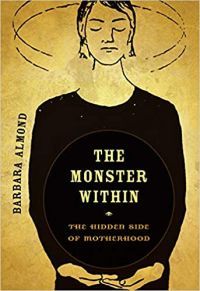
The Monster Within: The Hidden Side of Motherhood by Barbara Almond
Psychiatrist and psychoanalyst, Barbara Almond, explores the topic of maternal ambivalence as it relates to ideas around ideal motherhood, reproductive fears, guilt, and more. She then goes on to illuminate how these feelings of ambivalence can impact the relationship between mother and child, and provides insight into what ambivalent mothers can do as they grapple with an unattainable ideal.

Empty Houses by Brenda Navarro
Sliding back into fiction, in Navarro’s novel, a woman’s son is abducted. But even as things begin to unravel for her, she also begins to wonder whether she even wanted him in the first place. Meanwhile, the desperate woman who stole the child is finding that motherhood is not everything she imagined it would be, and in fact, her life is upended by it. The book bounces back and forth between these two perspectives, providing a fascinating and not-often-explored aspect of motherhood.
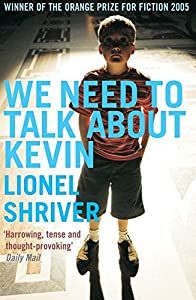
We Need to Talk About Kevin by Lionel Shriver
Shriver’s book — which was eventually adapted into a film starring Tilda Swinton — was shocking when it came out. In it, a reluctant mother struggles to bond with her son, and this struggle leads her to lash out at him verbally, and once, physically. When her son perpetrates a school massacre and she is sued for parental negligence, she is forced to grapple with their history and with how much she is or is not culpable.
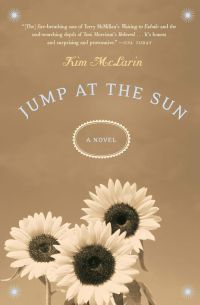
Jump at the Sun by Kim McLarin
In this novel, a stay-at-home mom struggles to settle into her new life. Looking to her past is no help. The two models of motherhood she’s lived with are diametrically opposed. Her grandmother was a sharecropper who abandoned her children to save herself. Her mother, meanwhile, gave up everything to focus on her kids. As our protagonist looks for her own place in all of this, she finds herself engaging in small acts of abandonment, which lead her to wonder what the future holds.
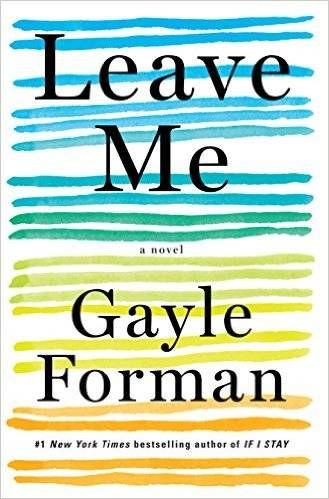
Leave Me by Gayle Forman
When I read this book six years ago, I immediately connected to the narrator, a harried working mom who continues to feel unappreciated, even after suffering a heart attack. And then? She runs away. This was a fast-paced, gratifying read that really leaned into the runaway mom fantasy many of us have when we’re feeling our most ambivalent.
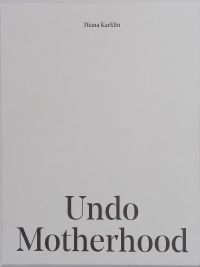
Undo Motherhood by Diana Karklin
Using photographs interspersed with interviews, photographer, Diana Karklin, presents a complicated view of why and how women can simultaneously love their children while feeling deep regret. These women acknowledge how the role of mother is an oppressive one, one that subsumes them, stealing away their sense of selfhood. Chapters are divided into meditations on anger, fear, isolation, exhaustion, guilt, resignation, and acceptance.
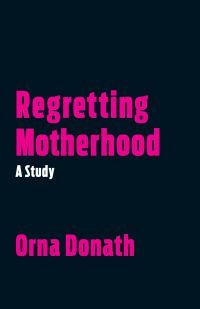
Regretting Motherhood by Orna Donath
Finally, I’ll end with a book that is literally titled Regretting Motherhood. This one contains the results of a study about women’s choices around motherhood and that “unspoken taboo” around maternal ambivalence and regret. Donath, a sociologist, spent years interviewing women from a variety of socioeconomic, educational, and professional backgrounds in order to uncover the varying sources of pressure and conflicting feelings women feel around mothering.
If, after reading these, you’re only hungry for more, I find that genre fiction can be an endless source of entertainment when it comes to monstrous and missing mothers. Here are some of the best horror books about moms and psychological thrillers about motherhood. This post on postpartum depression and psychosis covers a very important gap that I didn’t even get to touch upon in this post.
And if my excitement over these titles didn’t already make it clear, I want you to know that I see you, I understand you, and whatever you’re feeling around motherhood, it’s absolutely normal.









